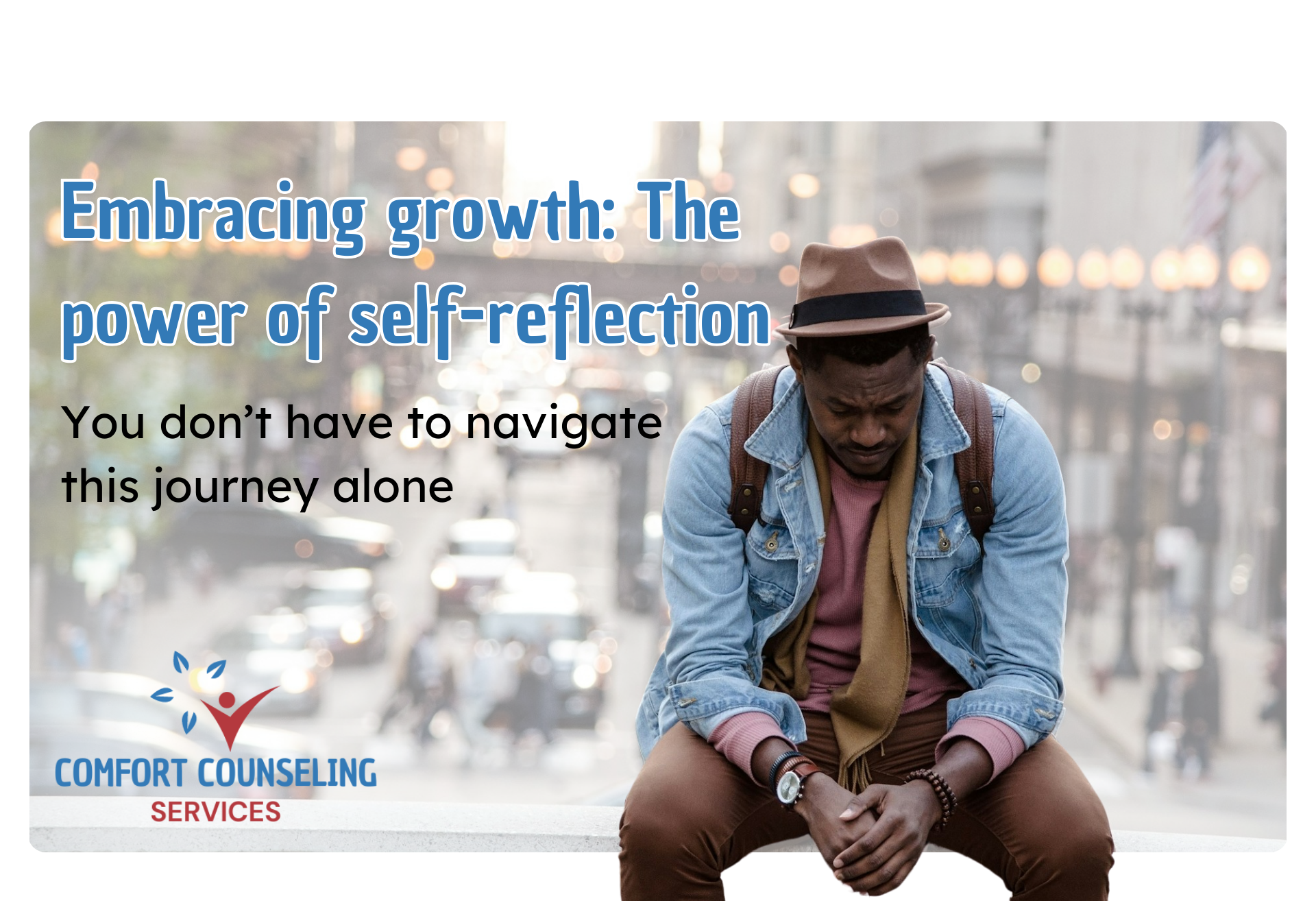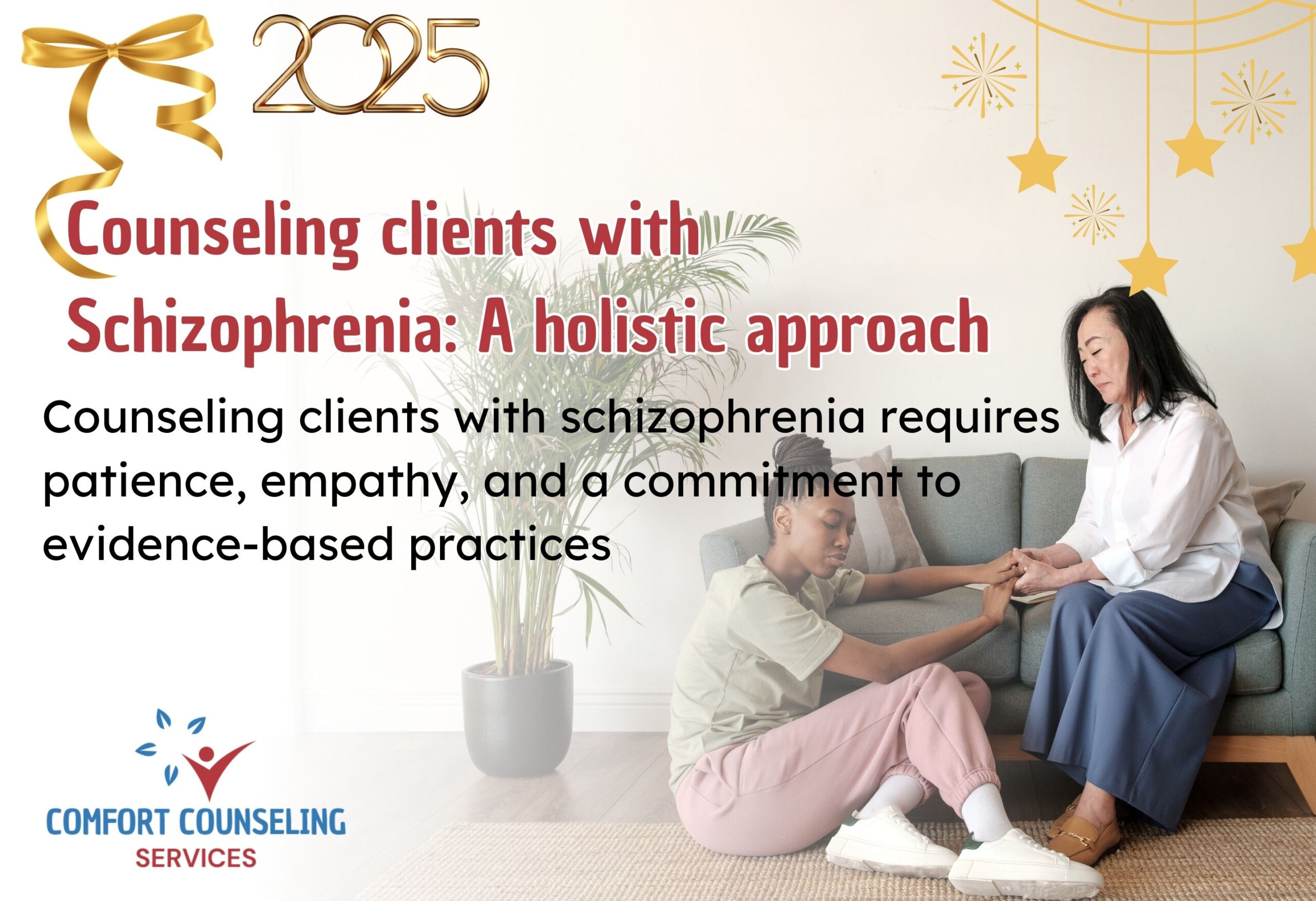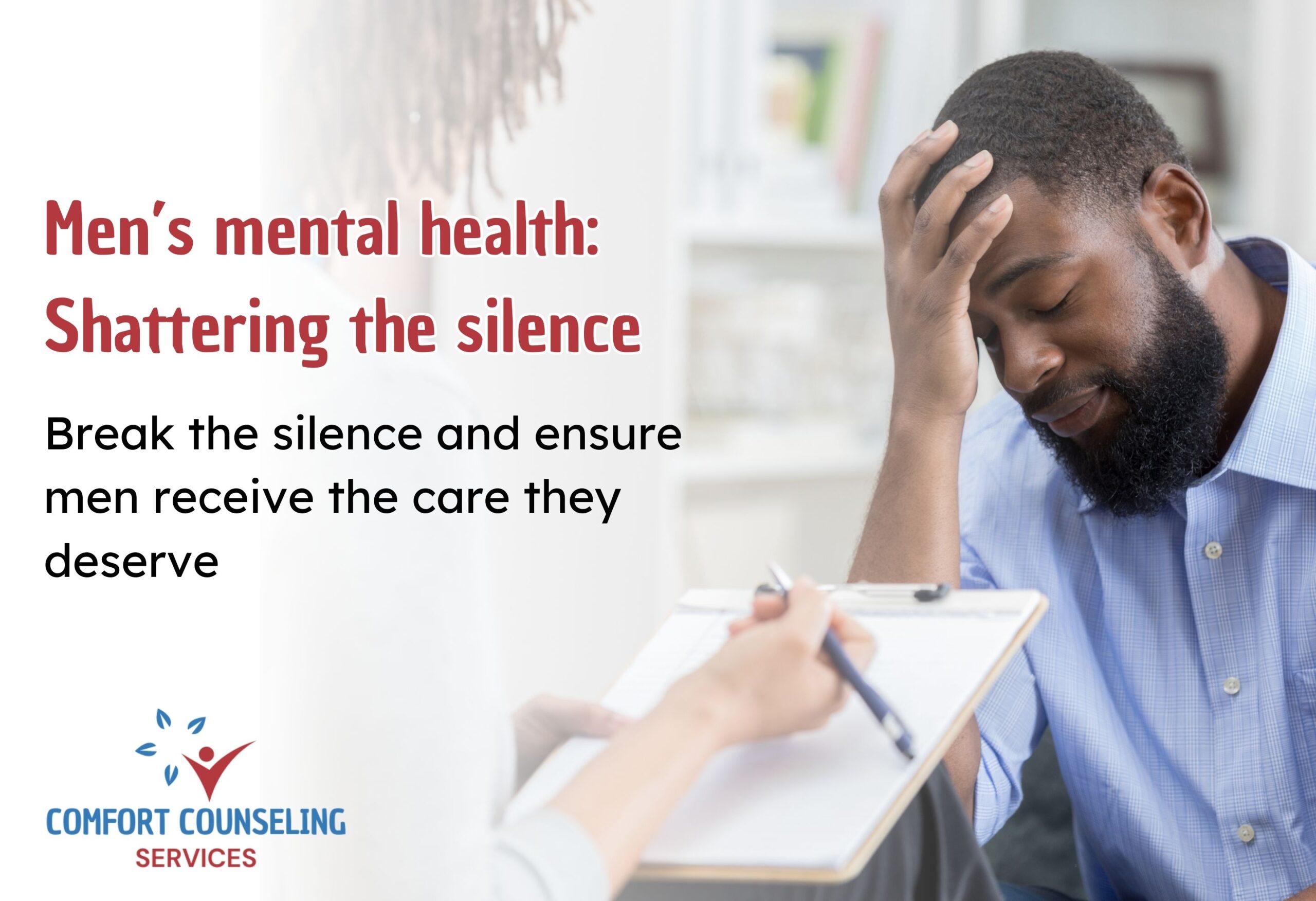Welcome to Comfort Counseling Services! As we journey through the year, it’s important to take moments to pause and reflect. Self-reflection is a powerful tool for personal growth, helping us to understand ourselves better and make meaningful changes in our lives. In this blog, we will explore the importance of self-reflection, methods to practice it and how it can enhance your mental well-being.
The importance of self-reflection
Self-reflection is the process of introspection, where we examine our thoughts, emotions and behaviours. This practice allows us to gain insight into our lives, fostering a deeper understanding of who we are and how we interact with the world around us [ Schon,1983]. By reflecting on our experiences, we can identify areas for improvement, celebrate our achievements and set goals for the future.
Unlike depression or anxiety, anger issues aren’t diagnosed as a specific condition.
Benefits of self-reflection:
- Increased self-awareness: understanding our thoughts and emotions helps us to recognize patterns and triggers, leading to better emotional regulation [Brown and Ryan, 2003].
- Improved decision -making: Reflecting on past experiences can help us make more informed choices and avoid repeating mistakes [ Mamede et al, 2012].
- Enhanced relationships: Knowing ourselves better can improve our interactions with others, fostering deeper and more meaningful connections [ Rogers,1961].
- Personal growth: Self-reflection encourages continuous learning and growth, helping us achieve our personal and professional goals [Gibbs,1988].
How to practice self reflection
Practicing self-reflection doesn’t have to be time consuming or complicated. Here are some simple yet effective methods to incorporate into your daily routine:
- Journaling: Set aside a few minutes each day to write about your thoughts, feelings and experiences. This practice can help you process emotions and gain insights into your behaviour [Pennebaker and Seagal, 1999].
- Meditation: Spend time in quiet contemplation focusing on your breath and allowing your thoughts to flow naturally. Meditation can help you develop mindfulness and clarity [Kabat-Zinn, 1994].
- Mindful walks: Take a walk in nature and pay attention to your surroundings. Use this time to reflect on your day and your emotional state[ Williams and Penman,2011].
- Set goals: Reflect on your long-term goals and steps you need to take to achieve them. Assess your progress regularly and adjust your plans as needed[Locke and Latham, 2002].
Self-reflection prompts
To help you get started with your self-reflection journey, here are some prompts to consider:
- What are my biggest achievements in the past six months?
- How have I grown personally and professionally since the year began?
- What challenges have I faced and what have I learned from them?
- What are my core values and how do they influence my decisions?
- What steps can I take to improve my mental and emotional well-being?
Seek support when needed
While self reflection is a powerful tool for personal growth, it’s important to remember that you don’t have to navigate this journey alone. If you find certain issues difficult to address or need additional support, seeking professional help can be incredibly beneficial. At comfort counseling services, our team of compassionate and experienced therapists is here to support you every step of the way on your path to mental well-being. We look forward to accompanying you on your journey of growth and self-reflection. Here’s to a month of self-discovery and positive change!



